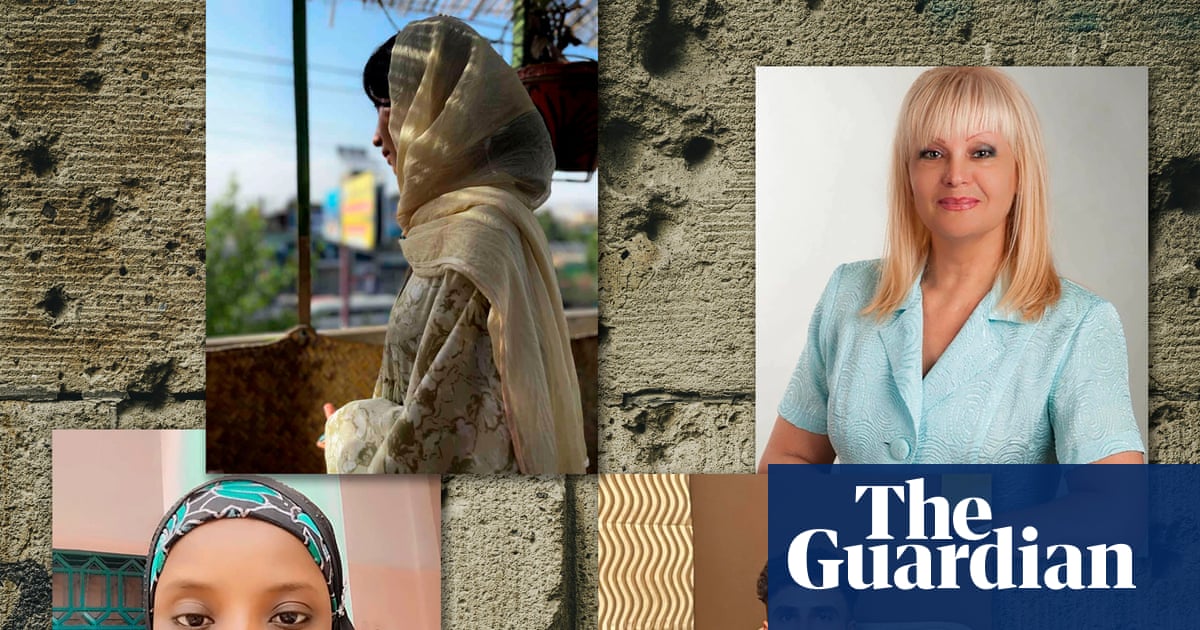
"I had just started teaching at a school in the Bekaa valley when war broke out in September 2024. Within days, an Israeli bomb tore through my family home. One minute we were eating lunch, the next the walls were collapsing around us and on to my car outside. I had spent three years saving for that Honda Civic, so when I saw it destroyed, I broke down in tears."
"In-person classes resumed, but the atmosphere had changed completely. Even after the ceasefire, Israeli strikes continued to sporadically hit Bekaa, forcing the children to live in a constant state of fear. Unexpected sounds like a door slamming or an object falling on the floor triggered the children. They would shake, cry and move away from the windows, afraid a bomb might drop and shatter the glass."
Mohamad El Dirany, 24, was teaching in the Bekaa valley when war began in September 2024. An Israeli bomb destroyed his family home and his Honda Civic after three years of savings. The family moved to a smaller apartment while the school shifted classes online to accommodate displaced students. He taught French to grades 5 and 6, but connectivity problems and trauma hampered concentration; a mother protested that children needed rest after heavy airstrikes. After a November ceasefire families returned to damaged homes and resumed in-person classes, yet sporadic strikes, drones and sudden noises continued to trigger fear and panic among children. Teachers used drawing to help children process loss and imagine repair.
Read at www.theguardian.com
Unable to calculate read time
Collection
[
|
...
]